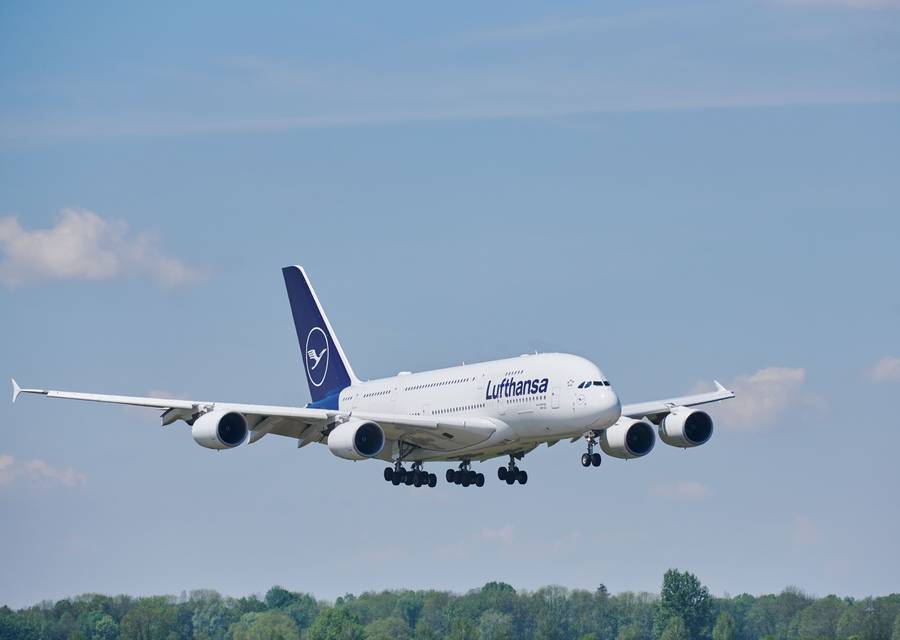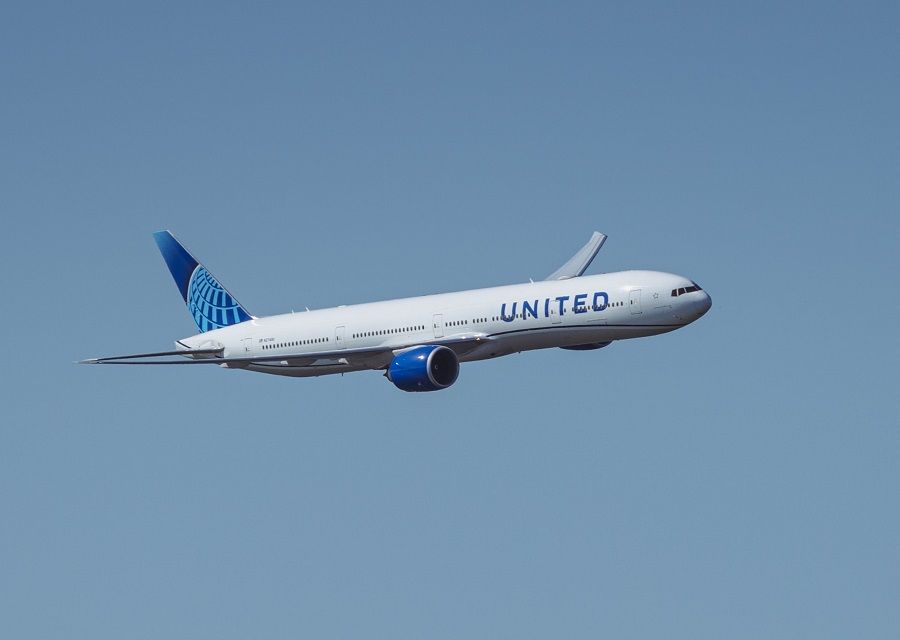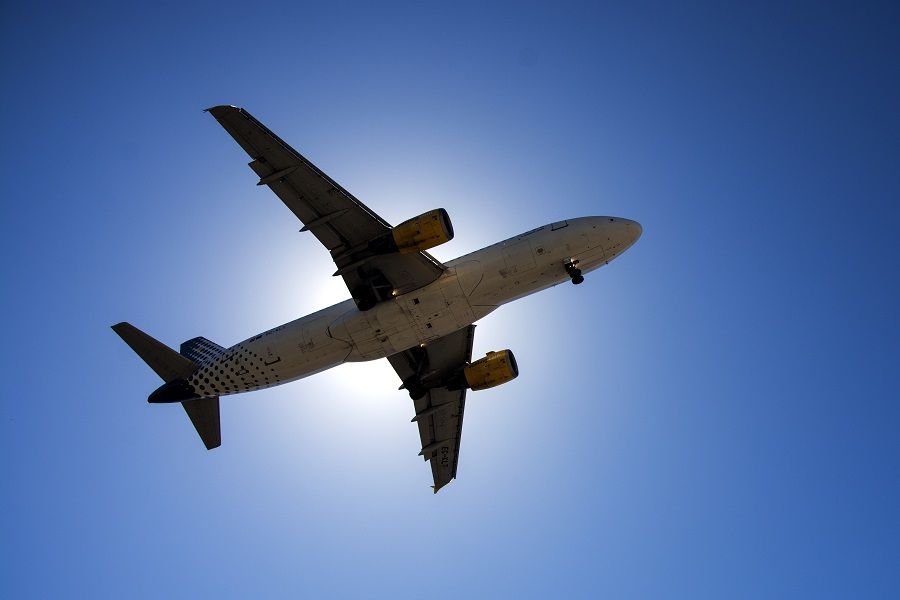Despite worries about a global recession and congestion at airports, tourists from the United States are busy booking their summer vacations to Europe.
Airline tickets are getting more expensive. For American tourists, the prices of a transatlantic ticket to Europe are now 31% higher on average, compared to a year ago. And in some European airports, like Amsterdam’s Schiphol, there are worries about a repeat of the queues and flight cancellations that we saw last summer. This is because staffing levels still aren’t where they should be.
But one thing that is different from a year ago, is the complete lack of any pandemic-related travel restrictions. And whatever people’s attitude is toward these restrictions, their absence removes the prospect of last-minute changes, delays, and extra costs. People are free to travel, and their desire to get away trounces any worries about a coming recession.
That’s quite rare. Usually, commercial air travel is the first to suffer, when people worry about their wallets. Airlines in both the U.S. and Europe are recognizing this, with demand from tourists now at an all-time high.

Tourists To Europe Vs Airline Costs
The airlines are increasing transatlantic capacity to meet this demand – but carefully. The threat of those airport bottlenecks still looms large, and this time, the airlines will likely play it safe(r). Last year was about getting market share; this time it’s more about financial stability, of sorts.
The good news for the airlines is that this high demand for travel from American tourists headed for Europe, promises to increase their revenue. This is important, at a time when pilot salaries and other airline expenses are also on the rise. For now, at least, it appears that European travelers going in the opposite direction are a bit more reserved.

This current wave of American tourists heading for Europe also confirms an earlier pandemic-derived trend. The airline industry has worried that the likes of Zoom and other ways to work remotely would limit travel. While this appears to be valid for a sizeable chunk of business travel in some industries, it doesn’t necessarily mean that overall numbers of travelers are going down.
Simply put, remote working doesn’t equate to working from home. Many tourists traveling to Europe are taking advantage of more flexible working conditions, to ease or extend family vacations. For the airlines, this doesn’t bring as much revenue as business travel, but it remains a fiercely competitive field.




